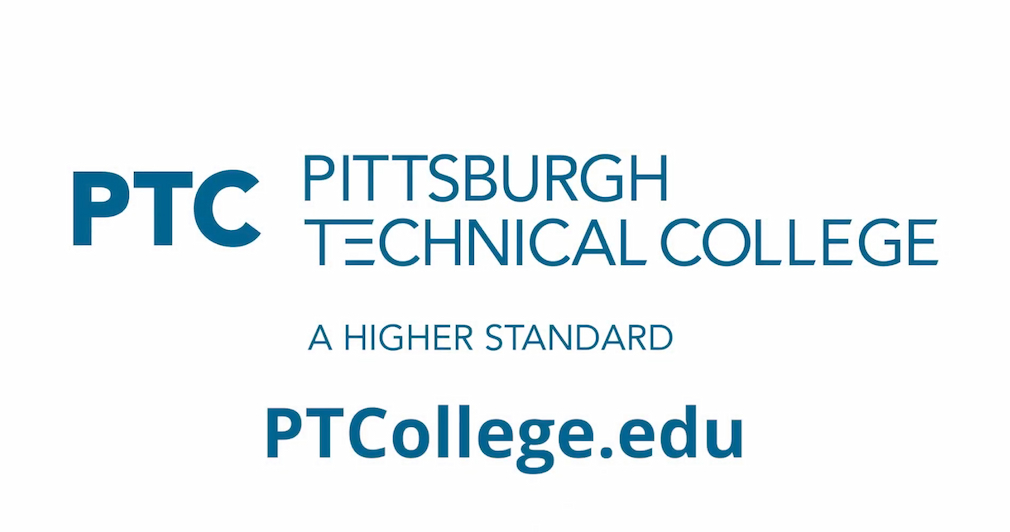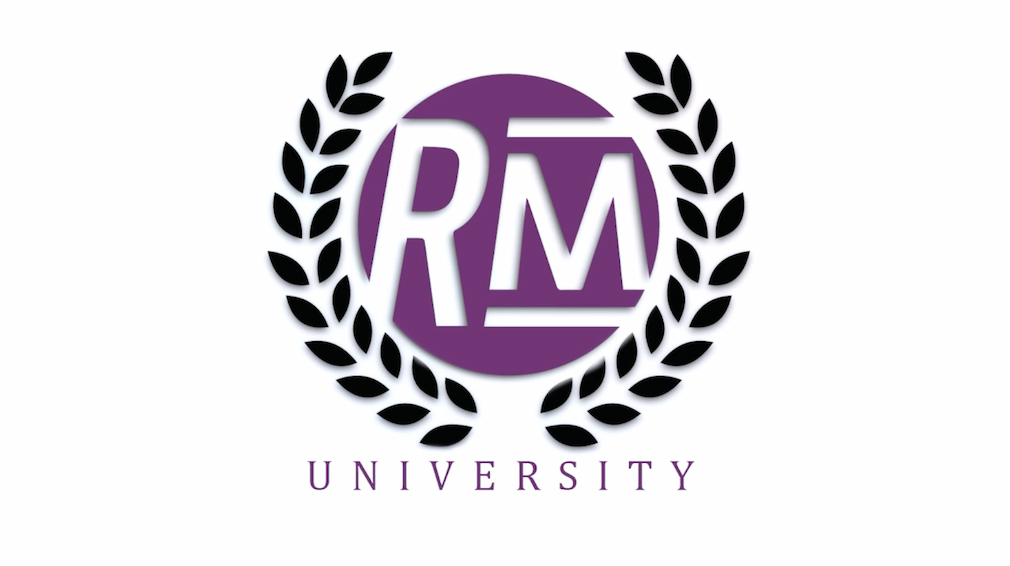
Tori Belle Cosmetics
Beauty MLM’s outsized earnings claims face increasing scrutiny.
The average college graduate who borrows money to pay for school leaves campus with nearly $30,000 in student loan debt. Weighed down by monthly student loan payments, many college graduates report delaying major life events like buying a home, starting a business and even getting married due to student loan debt.
That’s what makes the University of Illinois Chicago’s debt-free claims so alluring. On the public research university’s website and in an ongoing outdoor marketing campaign, UIC represents that students can enroll in the school, earn a degree for “$0” and graduate debt-free.
But whether or not you can actually say “no” to college debt depends on a number of factors. After receiving a tip from a reader who saw similar ads on city buses in Chicago as recently as last week, TINA.org did some digging. Here’s what we found.
These ads promote a new financial aid program at the university called the UIC Aspire grant. Incoming students who fill out a Free Application for Federal Student Aid (FAFSA) form are automatically considered for the grant.
However, in order to qualify, a student must:
Of all these conditions, only the income requirement is disclosed in one of the two billboards featured above (though the disclosure appears at the bottom of the billboard and in a smaller, fainter font, so it may be easily missed by passersby). The other billboard does not list any requirements.
The other marketing examples come from free.uic.edu – the webpage listed in the billboards that provides information about the grant program including all of the requirements listed above.
But even if you do qualify, debt-free college may still be out of reach.
That’s because the grant program only covers the cost of tuition and fees for a maximum of four academic years – it does not pay for other school-related expenses such as housing and books, according to the UIC Aspire webpage.
So can you really graduate debt-free? Not if you want to live on campus or buy books for your classes and can’t pay for those expenses without borrowing.
The university estimates on-campus housing and food costs for full-time undergraduate students during the current 2025-26 academic year to be $17,100. Tack on an estimated $1,400 for books and supplies and students living on campus may be spending $18,500 a year before factoring in the cost of tuition.
UIC responds
In response to a TINA.org request for comment, a UIC spokesman said that the “goal of the UIC Aspire advertising campaign is to raise awareness about this affordability initiative in a memorable way and direct prospective students, their parents and guardians to the program’s website, where all details, eligibility requirements and application steps are explicitly outlined,” adding:
Advertising space is limited, so informed by marketing best practices, the focus is on presenting a concise and high-impact message with a specific link to a comprehensive online resource.
The school spokesman said that all eligible students received the grant, representing more than 3,500 first-year and transfer students.
TINA.org also reached out to Laura Ress Design, the communications firm UIC hired for the Aspire campaign. The agency did not respond to our inquiry.
The bottom line
In its ads, UIC appears to equate “no tuition” to “no debt” but that may not be true for all students who meet the requirements of the UIC Aspire grant.
When planning on how to pay for college, be sure to read and understand all the terms and conditions applicable to any financial assistance you may be applying for.
Find more of our coverage on college.
Our Ad Alerts are not just about false and deceptive marketing issues, but may also be about ads that, although not necessarily deceptive, should be viewed with caution. Ad Alerts can also be about single issues and may not include a comprehensive list of all marketing issues relating to the brand discussed.
Beauty MLM’s outsized earnings claims face increasing scrutiny.
School’s advertised job placement rates don’t tell the whole story.
TINA.org digs into MLM coach’s marketing pitch.

